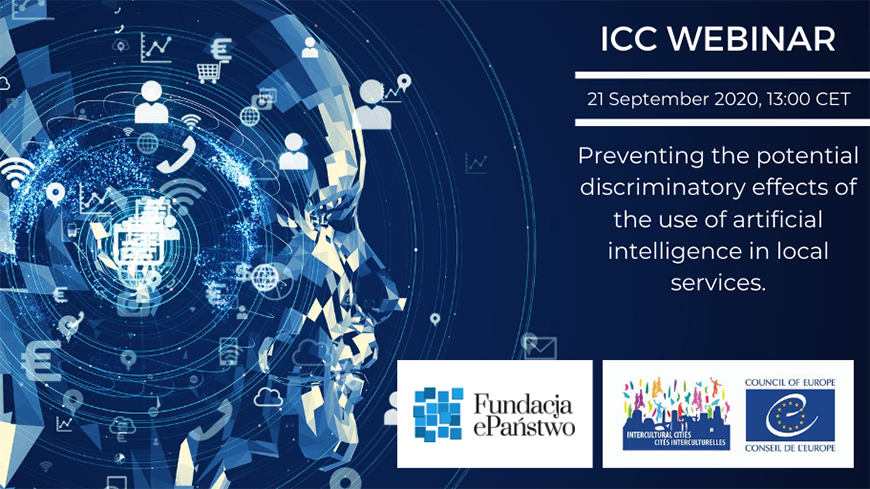Municipalities provide a wide range of public services to their citizens and increasingly this is supported by technologies including Automated Decision Making (ADM) tools and Artificial Intelligence (AI) solutions. The deployment of IT tools in public services has brought new challenges and potential risks of bias, prejudice towards certain categories of citizens, and discrimination. Such risks were, for example, detected in the Dutch SyRI system used by national and local authorities to detect housing or social security fraud, smart water meters in several cities in Europe or AI applications used in staff recruitment.
Intercultural cities develop policies and expertise in social inclusion and equality, prevention of discrimination, and raising awareness around important societal challenges. It is useful for decision-makers to also understand the potential biases and risks of AI, and learn about ways of mitigating such risks. The experience of advanced cities could help build trustworthy and ethical AI.
The Intercultural Cities programme and ePaństwo Foundation invited ICC member cities to take part in a 2.5-hour webinar about the challenges Artificial Intelligence and Algorithmic Decision-making present for local authorities, in particular in relation to anti-discrimination, inclusion, and the fight against hate speech. The webinar took place on 21st September 2020. As a follow-up, Intercultural Cities and ePaństwo Foundation have produced a Policy Brief to give policy guidance on the matter. An online training is also under production.




